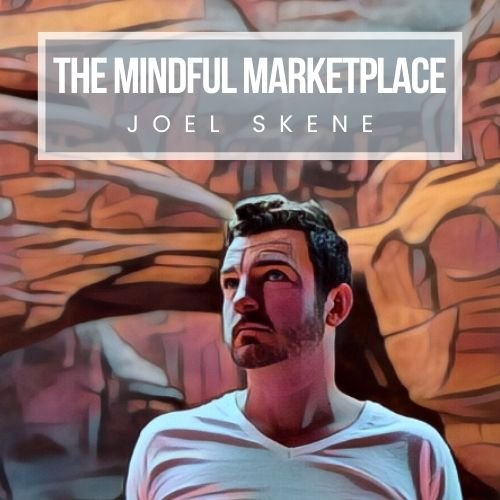The Balance Sheet - 11.28.23
The Assets, Liabilities, Debts and Investments toward a more Mindful Marketplace
So first in the assets column I want to talk a little bit about an organization called Project Equity who is helping businesses transition to models of employee ownership. So they recently announced that US cities are starting to recognize more and more that employee ownership is a good model to help promote because more than half of local business owners are actually nearing retirement and most of them lack options to sell their business in a way they want to. Several of these cities see the benefits of employee ownership as the solution. They retain local businesses, jobs, and tax bases. They provide pathways to quality jobs, financial stability, and wealth building for frontline workers and workers of color, not to mention help businesses better recruit, retain, and engage their workforce and create a more resilient and equitable local economy in this post-pandemic world. So a few cities are doing that in a variety of ways, including Tucson, Arizona, which has launched an awareness raising campaign to educate business owners. and advisors about employee ownership. Berkeley, California has invested in employee ownership to retain all their beloved legacy businesses and have added employee ownership to its beneficiaries of several programs, including their buy local bid preference program, their business permit application, and the revolving loan fund in and our funding technical assistance for local businesses to transition to employee ownership. And lastly, city of Chicago recently made a historic $15 million commitment to catalyze a sustainable economic recovery and advance economic and racial equity by investing in a variety of communal wealth building strategies, including support to build awareness and local capacity to support employee ownership transitions.
All right, next in the liabilities column, we got the big banks. US banks, according to a recent Wall Street Journal article, have found new ways to unload risk as they scramble to adapt to tighter regulations and rising interest rates. So JP Morgan Chase, Morgan Stanley, U.S. Bank and others are selling these complex debt instruments to provide fund managers as a way to reduce regulatory capital charges on the loans they make. These are so-called "synthetic risk transfers". They are very lucrative for the investors who can typically get returns of around 15 percent or more. And banks are using these synthetic risk transfers for they've been in use for about 20 years, but they haven't been used a lot, especially after the 2008, 2009 financial crisis, when, you know, a lot of us, uh, there was a lot of push back against these complex debt instruments like credit default swaps. But these transactions, um, became in the wake of that became harder to get past us bank regulators in part, because those similar interests, uh, instruments were used. back when Lehman Brothers failed.
In the debts column, there was an article recently in Time magazine about the national debt that I want to highlight. It said that the difficulty US Congress had in agreeing on spending for the rest of the year and avoiding a government shutdown is really an indication of how hard it will be to deal with our longer term debt crisis. Our rising debt burden is a problem we have to confront in order to preserve our nation's ability to the many challenges on the horizon and to invest in our nation's productive capacity. The nonpartisan CBO Congressional Budget Office estimated that there was 1.7, there was a 1.7 trillion dollar gap between what the government spends and the revenue it takes in this year in 2023, nearly double the annual budget deficit from last year. So unless there are significant policy changes under even the most optimistic scenarios, the accumulated federal debt held by the public will rise above 100% of GDP, a level well above historical experience. And just as a reminder, in order to help combat the debt crisis, the Mindful Marketplace has partnered with local financial tech company Quility to provide all of our listeners with a free customized report on how you can best eliminate personal and business debt. So protect your retirement accounts and other assets against type of market loss and get free from debt by going to mindfulmarketplaceshow.com and click on the eliminate debt tab to get your free report.
Lastly, in the investments column, I want to share some good news about a group called Shared Capital Cooperative. They have been making loans to local investments. They've been connecting local investors to local businesses. And they have said that the demand for financing for cooperative projects has never been higher than in their four in their 45 years of doing business. Last year, shared capital cooperative lent more than ever before. And in just the first seven months of this year, they've already placed seven and a half million dollars, exceeding their yearly budget for new lending. And there's still over 3 million in additional projects seeking financing this year that they have not been able to meet. You can actually invest with them and with your values, make a difference and receive a financial return. Investing is easy and open to all. Whether you are wealthy and an accredited investor or whether you're just an average person and a non accredited investor, you can start as low as five hundred dollars and you can choose from either preferred shares or three different fixed term note options with returns up to five percent. More information on that is available at their website, sharedcapital.coop/invest
